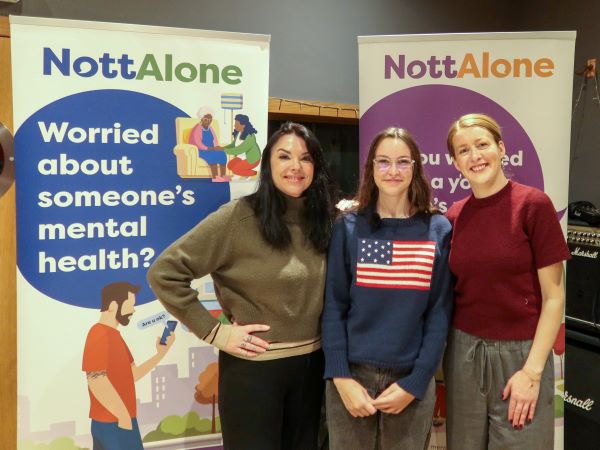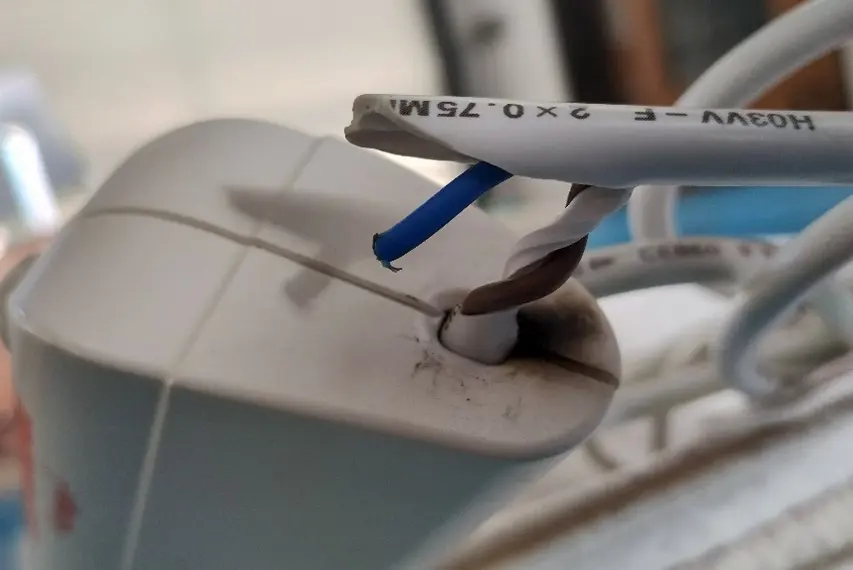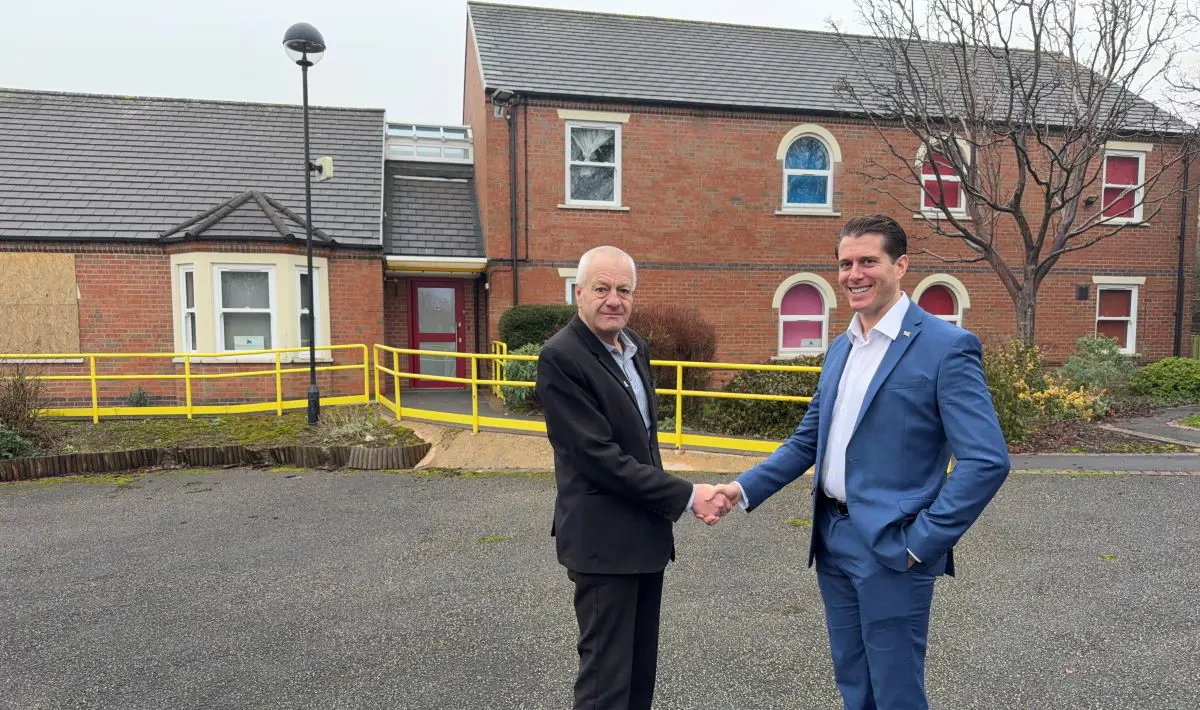Winter vaccinations
There are some things you can do to help yourself stay well in winter. This includes getting your flu and Covid-19 vaccinations if you're eligible.
Getting vaccinated every year will top up your protection and reduce your risk of getting severe symptoms.
For most people, flu is unpleasant. But for some, it can be dangerous and even life-threatening.
You need to have the flu vaccine every year because the viruses that cause flu change every year. The best time to have the flu vaccine is in the autumn before flu starts spreading, but you can get the vaccine later.
Your immunity from the Covid-19 vaccine also reduces over time. This is why those at greater risk are being invited to get a booster.
If you're at greater risk of Covid-19 and flu, it's important to get the extra protection provided by vaccination. Both vaccines are safe and effective, and they are the best protection against these viruses. It's important to get both vaccines if you're invited.
Since 1 September 2024, a new vaccination has been offered as protection against respiratory syncytial virus (RSV). RSV is a frequent cause of coughs and colds. It’s very common and not usually serious, but babies and older adults have a higher risk of getting seriously ill.
Find more information on the different winter vaccinations offered by the NHS:
You're eligible for a free flu vaccine if:
- you're aged 65 or over
- you're pregnant
- you have certain long-term health conditions
- you're in long-stay residential care
- you receive a carer's allowance or are the main carer for an older or disabled person who may be at risk if you get sick
- you live with someone who has a weakened immune system
- you're a frontline health or social care worker.
From September 2025, children aged 2 or 3 years and school aged children (Reception to Year 11 ) will be offered a free nasal spray vaccination. 2 and 3 year olds are vaccinated at their GP surgery. School aged children will be offered a vaccination in school by special immunisation teams.
Adults with long term health conditions and over 65's can have a free flu vaccine at their GP surgery or local pharmacy (who can vaccinate adults but not children).
High street pharmacies and most of the leading supermarkets also offer the vaccine to any adult at varying costs.
Having a flu jab will help to protect you and your baby. Pregnant women have a higher chance of developing complications if they get flu, especially in the later stages of pregnancy, which could cause serious illness in the mother and affect the baby.
It’s safe to have the vaccination at any stage of pregnancy and it will also pass some protection to the baby which will last for the first few months of their lives.
For more information, visit Flu jab in pregnancy (NHS) and watch the below video animation.
This animation was developed by Dr Jo Parsons as part of a PhD at Coventry University, working in partnership with Warwickshire County Council and Coventry City Council.
From September 2025, children aged 2 or 3 years and school aged children (Reception to Year 11) will be offered a free nasal spray.
2 and 3 year olds are vaccinated at their GP surgery. School aged children will be offered a vaccination in school by the dedicated school immunisation team. The team will visit schools across the county and parents will be asked to give consent before the vaccine is given.
To find out more about the nasal spray for children, including advice for parents and information for faith groups, visit Children's flu vaccine (NHS).
The vaccine contains small traces of pork gelatine. If this is not suitable, there is an injectable alternative you can request instead.
When you’re caring for a partner, relative or friend who couldn’t get by without your help, keeping yourself well is really important.
That's why unpaid carers are offered a free NHS flu jab if they’re the main carer of an older or disabled person whose welfare would be at risk if they were ill. This includes people who receive Carers Allowance.
If you are the parent or carer of someone with a learning disability, there is a short film about why it’s important to get them vaccinated, where you can get vaccinated and reasonable adjustments.
Watch flu vaccination guide for parents and carers of people with a learning disability [YouTube]
There is also a film for people with a learning disability to explain about flu vaccinations.
Watch flu vaccination guide for people with a learning disability [YouTube]
The Covid-19 vaccine is recommended if you are at increased risk from Covid-19 because:
- you are aged 75 or over
- you are aged 6 months to 74 years and have a weakened immune system because of a health condition or treatment
- you live in a care home for older adults.
If you are eligible for a winter Covid-19 vaccine, the NHS will contact you and invite you to make an appointment from October 2025.
For more information, visit:
Covid-19 vaccine (NHS)
Coronavirus Vaccinations (NHS Nottingham and Nottinghamshire)
The pneumococcal vaccine helps protect against serious illnesses like pneumonia and meningitis. It's recommended for people at higher risk of these illnesses, such as babies and adults aged 65 and over.
Your GP will contact you if you or your child are eligible for the pneumococcal vaccination and will be able to book or rearrange an appointment for you.
It's safe to have the vaccination at the same time as other vaccines, like the flu vaccine.
For more information, visit Pneumococcal vaccine (NHS)
Respiratory syncytial virus (RSV) is a frequent cause of coughs and colds. It’s very common and not usually serious, but babies and older adults have a higher risk of getting seriously ill because it can cause pneumonia (a lung infection) and bronchiolitis (a chest infection that affects babies). These illnesses can cause breathing problems and may need to be treated in hospital, as they can be life threatening.
The RSV vaccine is recommended for people aged 75 to 79 years and pregnant women from 28 weeks to help protect the baby after birth.
People aged 75 to 79 years can make an appointment at their GP surgery.
Pregnant women should be offered the RSV vaccine around the time of their 28 week antenatal appointment by their GP or maternity service.
The RSV vaccine is available all year round.
For more information, visit Respiratory syncytial virus (RSV) (NHS)








